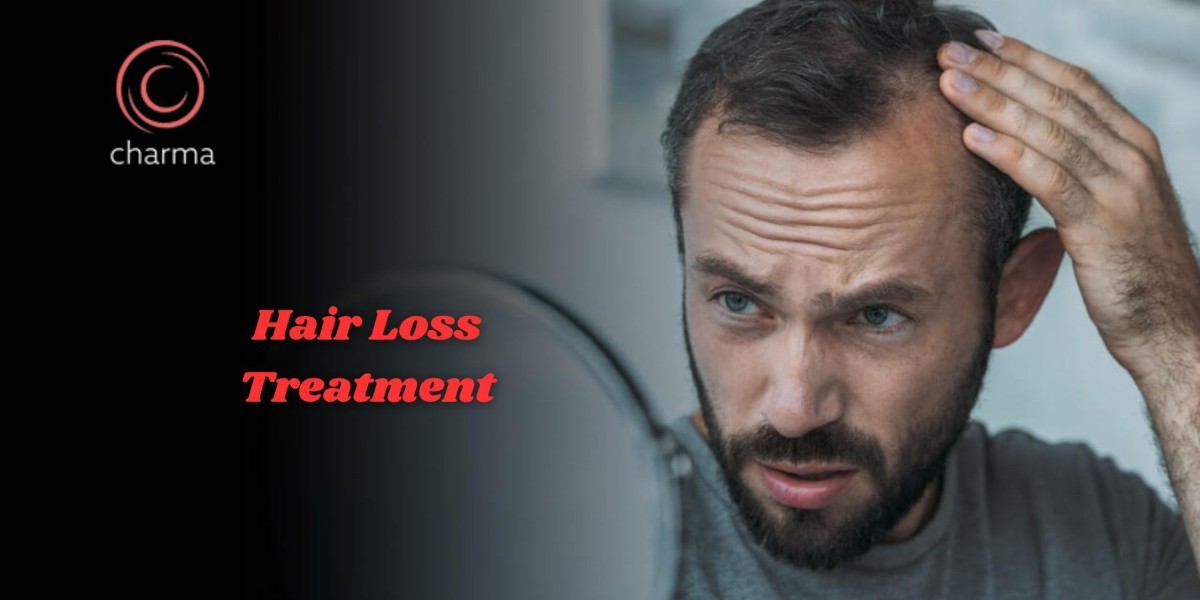Hair is the most important part of one’s overall personality and looks. Experiencing hair fall can be one of the most scary situations. Dr. Rajdeep Mysore, known as the best skin specialist in Bangalore, offers various surgical and non-surgical hair regrowth treatments. He explains that there are many types of hair loss and the treatment is done according to them. In this blog, we will learn about the different types of hair loss and the treatment options available to treat them.
Different Types of Hair Loss
Scarring Alopecia
A group of diseases that affect the skin on the scalp can leave scars and damage hair roots, resulting in permanently scarred areas of hair loss. The primary goal of treatment in these cases is to prevent the disease from spreading. Hair regrowth is nearly impossible in these conditions. Even surgical treatment is not very effective in scarred areas because implanted roots cannot grow properly. Fortunately, scarring alopecia is extremely rare.
Non-scarring Alopecia
The majority of patients with hair loss or baldness have non-scarring alopecia, which means that hair can grow back. The most common diseases that cause non-scarring alopecia are listed below:
Androgenetic Alopecia
The most common cause of baldness is patterned hair loss, which includes both male and female patterns. Genes and hormones both contribute to this phenomenon. GFC (Growth Factor Concentrate) treatment for this condition in its early stages produces positive results. However, in the advanced stages, only hair transplantation can produce satisfactory results.
Alopecia Areata
This is a type of patchy hair loss that typically results in small round or oval-shaped patches of hair loss on the scalp, beard, mustache, or eyebrows. It can occur anywhere on the body, but it is most noticeable when it happens in visible areas. It is a type of immune response in which the body temporarily inhibits hair growth. In most cases, it can be treated. In very rare cases, it can result in total hair loss, known as alopecia universalis.
Seborrheic Dermatitis
It is an inflammatory condition of the scalp that is commonly referred to as dandruff. It causes hair loss, which is usually reversible once the dandruff has been treated.
Hormonal Disturbances
These are relatively uncommon. Thyroid hormone deficiency or excess can cause hair loss, which typically resolves 3-6 months after the imbalance has been corrected. Sex hormone abnormalities, particularly PCOS, can cause both hair loss and baldness in women.
Treatment Options for Treating Hair Loss Issues
Advancing Growth Factor / GFC
PRP, known as platelet-rich plasma, are blood cells that aid in clotting. When they form a clot, they release a variety of useful chemical mediators known as growth factors, which aid in healing. Some of these growth factors also help in improving the thickness and quality of hair. The advanced GFC treatment is combined with standard hair loss medications such as minoxidil to achieve the best results.
Hair Transplants
Hair transplantation is a popular surgical procedure that requires microscopic precision and careful handling of grafts to produce long-term results. The procedure is performed under local anesthesia. The removed grafts contain hair follicles or roots, which are extracted using a technique known as FUE (follicular unit extraction). It employs a specialized micro-motor device, which allows the surgeon to carefully remove the follicles without causing damage.
Mesotherapy
The majority of hair loss issues are caused by insufficient nutrient supply to the hair follicles, a lack of blood circulation to the scalp, and hormonal imbalances around the hair follicles. Mesotherapy is a non-surgical cosmetic hair restoration procedure that has grown in popularity among people with balding or thinning scalps. Microinjections containing vitamins, minerals, hormones, enzymes, amino acids, and other essential nutrients are administered just beneath the superficial skin layer (i.e., in the skin mesoderm at a depth of about 1 mm) into the appropriate tissues. It promotes the natural regeneration and proliferation of the hair, allowing the hair follicles to produce strong, dense, and longer hair.
Microneedling and Growth Factor Treatment
When it comes to effective and safe hair loss treatment, natural therapies are always preferable to pharmaceuticals or harsh chemicals. A combination of microneedling and P-R-P/ GFC therapy is a new treatment option for people with receding hairlines, baldness, or scalp hair thinning. Microneedling treatment involves moving a device (such as a micro pen or derma roller) with multiple affixed fine needles across the balding or thinning areas of the scalp to create controlled microscopic injuries to the scalp's skin. These tiny wounds cause the body to activate its natural healing capacity, which includes the regeneration of hair follicles and stimulating hair growth.
Hair loss can be caused by a variety of factors, including hair products, stress, environmental exposure, and health concerns. If one is experiencing severe hair loss and is looking for hair loss treatment in Bangalore, one can consult with Dr. Rajdeep Mysore. He provides a variety of hair treatments that promote hair growth and produce natural-looking hair.
Visit the Charma Clinic today to learn more about hair loss treatments.








